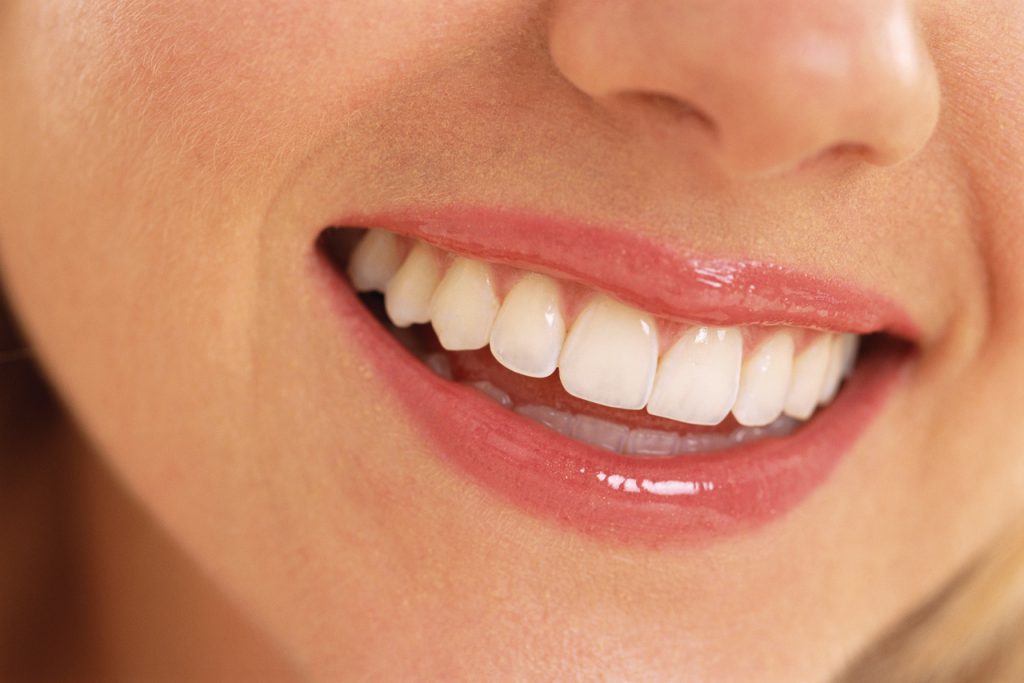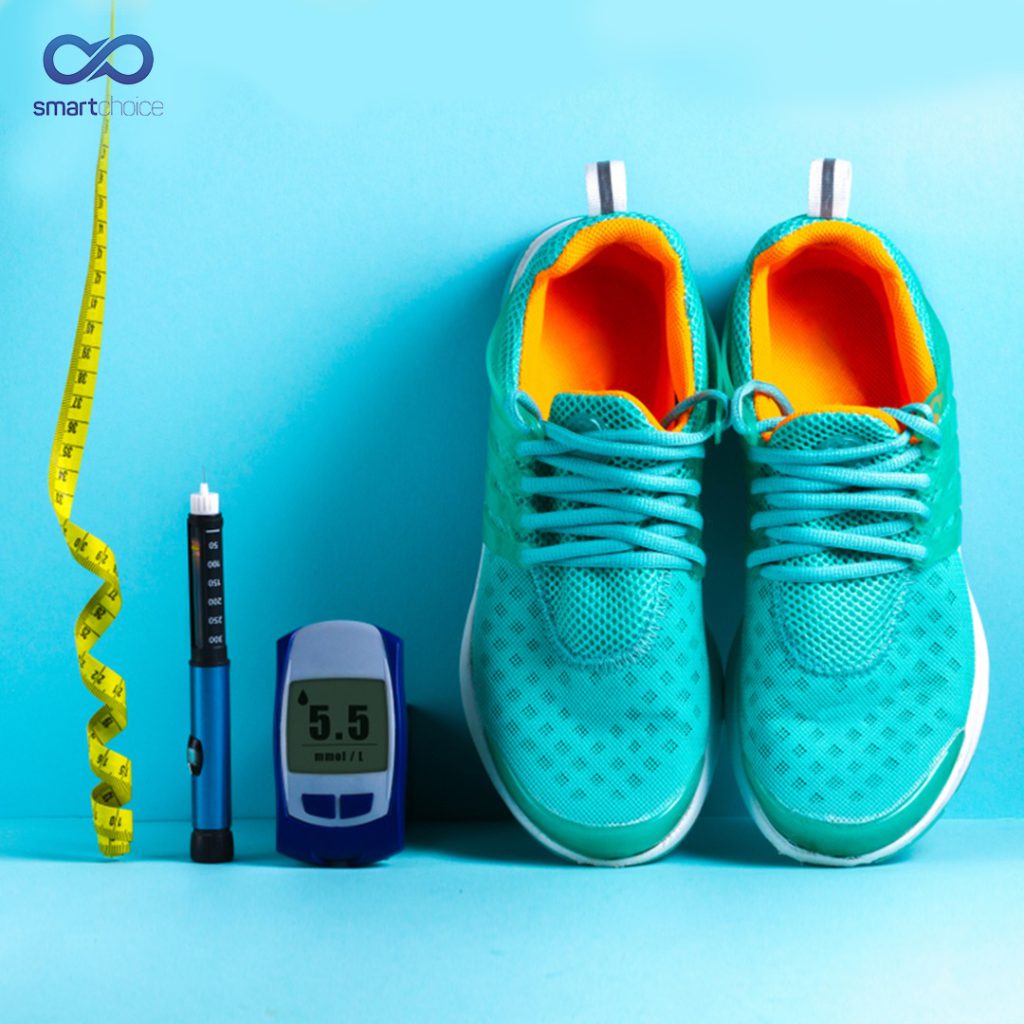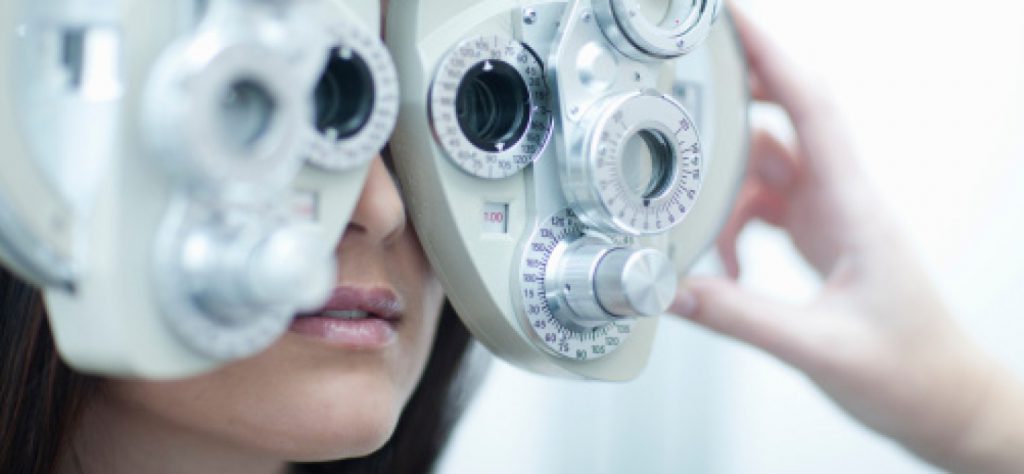Achieving healthy teeth takes a lifetime of care. Even if you’ve been told that you have nice teeth, it’s crucial to take the right steps every day to take care of them and prevent problems.
Maintaining good oral health is essential to maintaining good overall health. The maintenance of the clean mouth, shining teeth and healthy gums speak a lot about a person, his like’s dislikes, his lifestyle and his personality.
Oral health is as important as keeping your whole body healthy, coming from an expert, “ A toothache, can give you run for your money”.
The goal of proper oral hygiene is to remove or prevent formation and buildup of plaque and tartar, to prevent dental caries and periodontal disease, and to decrease the incidence of halitosis.
The Basics
The basics discourse to healthy teeth and gums are maintaining some healthy habits, which include brushing and flossing, which can prevent tooth decay (cavities) and gum disease. Tooth decay and gum disease can lead to pain and tooth loss.
Taking care of your teeth and gums is especially important if you
- Have diabetes
- Have cancer
- Are an older adult
- Are pregnant
- Next section
- Brushing Tips
Take care of your teeth. This involves getting the right oral care products, as well as being mindful of your daily habits.
Don’t go to bed without brushing your teeth
It’s no secret and simplest way to maintain your oral hygiene is to brush at least twice a day. Still, many of us continue to neglect brushing our teeth at night. But brushing before bed gets rid of the germs and plaque that accumulate throughout the day.
Brush properly
The way you brush is equally important in-fact, not brushing your teeth properly is almost as bad as not brushing at all. Take your time, moving the toothbrush in gentle, circular motions to remove plaque. Unremoved plaque can harden, leading to calculus buildup and gingivitis (early gum disease).
Don’t neglect your tongue
Plaque can also build up on your tongue. Not only can this lead to bad mouth odour, which can adversely impact your confidence and can lead to other oral health problems. Gently brush your tongue every time you brush your teeth.
Use fluoride toothpaste
When it comes to toothpaste, there are more important elements to look for than your favourite brand, whitening power and flavours. No matter which version you choose, make sure it contains fluoride, which can help you in better cleaning and stops plaque (tartar) buildup.
While fluoride has come under scrutiny by those worried about how it impacts other areas of health, this substance remains a mainstay in oral health. This is because fluoride is a leading defence against tooth decay. It works by fighting germs that can lead to decay, as well as providing a protective barrier for your teeth.
Treat flossing as important as brushing
Many who brush regularly neglect to floss and ignore the importance of flossing. Flossing is not just for getting those little pieces of Chinese food or chicken shred that may get stuck in between your teeth. “It’s really a way to stimulate the gums, reduce plaque, and help lower inflammation in the area. Flossing once a day is usually enough to reap these benefits.
Use mouthwash
Advertisements and dentists make mouthwash seem necessary for good oral health, but many people skip them because they don’t know how they work.
The mouthwash helps in three ways: It reduces the amount of acid in the mouth, cleans hard-to-brush areas in and around the gums, and re-mineralizes the teeth. Mouthwashes are useful as an adjunct tool to help bring things into balance. It is recommended in children and older people, where the ability to brush and floss may not be ideal or sometimes not even possible, a mouthwash is particularly helpful.
Ask your dentist for specific mouthwash recommendations that may be more effective in your situation. Certain brands are best for children, and those with sensitive teeth.
Drink more water
Water continues to be the best beverage for your overall health, including oral health. It does not only give you glowy skin but it also helps you to achieve other health-related benefits. Also, as a rule of thumb, drink water after every meal. This can help wash out some of the negative effects of sticky and acidic foods and beverages in between brushes.
Eat crunchy fruits and vegetables
Ready-to-eat foods are convenient, but perhaps not so much when it comes to your teeth. Eating fresh, crunchy produce not only contains more healthy fibre, but it’s also the best choice for your teeth. Get kids on harder-to-eat and chew foods at a younger age. Try to avoid the overly mushy processed stuff, stop cutting things into tiny pieces, and get those jaws working to make them stronger and resilient against old age!
Limit sugary and acidic foods.
Sugar converts into acid in the mouth, which can then erode the enamel of your teeth. These acids are what lead to cavities. Acidic fruits, teas, and coffee can also wear down tooth enamel. While you don’t necessarily have to avoid such foods altogether, it doesn’t hurt to be mindful.
Visit your dentist at least twice a year
Your own everyday habits are crucial to your overall oral health. Even the most dutiful brushing and flossing needs dentist’s visits regularly, at a minimum, you should see your dentist for cleanings and checkups twice a year. Not only can your dentist remove calculus and look for cavities, but they will also be able to spot potential issues and offer treatment solutions if the situation may arise.
Avoid using your teeth for anything other than chewing food
If you use them to crack nuts, remove bottle tops or rip open packaging, you risk chipping or even breaking your teeth.
Some insurance companies even cover any damage to your teeth under accidental condition. It is important to understand that the cost of medical expenses incurred in Pakistan under any circumstances/emergency situations puts a huge dent on your wallet. So get yourself insured make sure to read the policy wordings that has every inclusion and exclusion of the policy mentioned. Select the plan that fits your needs, requirements and lifestyle and get online now from Smartchoice.pk.
Why Does our Teeth become Yellow
Changes in the colour of your teeth may be subtle and happen gradually. Some yellow colour may be inevitable. Teeth can look more yellow or darken especially as you age. As the outer enamel wears away, the yellow dentin underneath becomes more visible. Dentin is the second layer of calcified tissue beneath the outside enamel layer.
Ways to Whiten your Teeth at Home
To whiten your teeth, you do have some alternatives to conventional methods. Please be careful with at-home whitening because you may damage your teeth if products are used incorrectly or for too much time. You may wear away too much of your enamel, which could put you at risk for sensitivity and cavities.
Baking soda and hydrogen peroxide
Using a paste made of baking soda and hydrogen peroxide is said to remove plaque buildup and bacteria to get rid of stains.
Directions: Mix 1 tablespoon of baking soda with 2 tablespoons of hydrogen peroxide to make a paste. Rinse your mouth thoroughly with water after brushing with this paste. You can also use the same ratio of ingredients to make a mouthwash. Or, you can try baking soda with water.
According to a study it has been found that people who used toothpaste containing baking soda and peroxide got rid of tooth stains and whitened their teeth. They showed significant improvements after 6 weeks.
A 2017 review of the research on toothpaste with baking soda also concluded that they’re effective and safe for removing tooth stains and whitening teeth, and can be used daily.
Coconut oil pulling
Coconut oil pulling is said to remove plaque and bacteria from the mouth, which helps to whiten teeth. Always shop for high quality, naturally produces/organic oil, that doesn’t contain harmful ingredients.
Swish 1 to 2 teaspoons of liquid coconut oil in your mouth for 10 to 30 minutes. Don’t let the oil touch the back of your throat. Don’t swallow the oil as it contains toxins and bacteria from your mouth.
Spit it into the toilet, as it could clog drains. Rinse your mouth with water and then drink a full glass of water. Then brush your teeth.
However, a 2015 study found that oil pulling using sesame oil and sunflower oil reduced gingivitis caused by plaque. Oil pulling could have a whitening effect on teeth, as plaque buildup can cause teeth to turn yellow.
Apple cider vinegar
Apple cider vinegar can be used in very small amounts to whiten teeth.
Directions: Make a mouthwash by mixing 2 teaspoons of apple cider vinegar with 6 ounces of water. Swish the solution for 30 seconds. Then rinse with water and brush your teeth.
Research published in 2014 found that apple vinegar has a bleaching effect on cow teeth. However, it should be noted that it has the potential to cause damage to the hardness and surface structure of teeth. So, use it with caution, and only use it for short amounts of time as being vinegar it can have adverse effects if used extensively.
Lemon, orange, or banana peels
It is believed that rubbing lemon, orange, or banana peels on your teeth will make them whiter. It’s believed that the compound d-limonene and/or citric acid, which is found in some citrus fruit peels, will help to whiten your teeth.
Directions: Gently rub the fruit peels on your teeth for about 2 minutes. Make sure to thoroughly rinse out your mouth and brush your teeth afterwards.
Scientific research proving the effectiveness of using fruit peels to make teeth whiter is lacking.
A 2010 study found that the effect of a toothpaste containing 5 percent d-limonene in removing teeth stains resulting from smoking and tea.People who brushed with a toothpaste containing d-limonene combined with a whitening formula twice daily for 4 weeks significantly reduced smoking stains, though it didn’t remove long-standing smoking stains or tea stains.
A 2017 study tested the potential of citric acid extracts from four different types of orange peel as a teeth whitener. They were shown to have varying abilities on whitening teeth, with tangerine peel extract achieving the best results.
Be careful when using this strategy because fruit’s acidic. The acid can erode and wear away your enamel. If you notice that your teeth are becoming more sensitive to hot and cold, please stop using this method.
Activated charcoal
You can use activated charcoal to remove stains from your teeth. It’s believed that charcoal can remove pigments and stains from your teeth because it’s highly absorbent. It’s said to also get rid of bacteria and toxins in the mouth. There are toothpastes that contain activated charcoal and claim to whiten teeth.
Directions: Open a capsule of activated charcoal and put the contents on your toothbrush. Gently brush your teeth using small circles for 2 minutes. Be especially careful in the area around your gums as it can be abrasive. Then spit it out. Don’t brush too aggressively. If your teeth are sensitive or you want to limit the abrasiveness of the charcoal, you can dab it on your teeth. Leave it on for 2 minutes and rinse it off.
You can also mix activated charcoal with a small amount of water to make a mouthwash. Swish this solution for 2 minutes and then spit it out. Rinse your mouth thoroughly with water after using activated charcoal.
A researched paper published in 2019 found that charcoal toothpaste can whiten teeth within 4 weeks of use, but it wasn’t as effective as other whitening toothpastes.
Another research has also found that activated charcoal can be abrasive on teeth and tooth-colored restorations, leading to loss of tooth structure. This abrasiveness may make your teeth look more yellow. If you wear away too much enamel, more of the yellowy dentin underneath will become exposed.
Be cautious when using charcoal and charcoal-based dentifrices, especially because of the lack of evidence to prove its effectiveness and safety.
Honey as a Soothing Agent
Dentists recommend natural, organic honey to many patients because of its amazing capacity to treat gum disease and prevent tooth decay, both of which have to do with its powerful antibacterial and antiseptic properties.
Honey Can Be Used to Treat Gum Disease
Honey has been useful in the treatment of gum diseases including gingivitis, bleeding, and receding gums. Gingivitis is a real epidemic. 95% of adults suffer from some type of periodontal disease at least once in their lives. If it becomes severe, your teeth will begin moving out of place. Inflammation is caused by the bacteria inhabiting an oral cavity, so the best way to prevent gingivitis is to kick out that bacteria!
Directions: Mix honey with water and an enzyme in honey called glucose oxidase produces hydrogen peroxide (an antiseptic). The production of hydrogen peroxide is the key reason for its antimicrobial activity. Fighting the bacteria, honey reduces the amount of acid produced. The bacteria can then no longer produce dextran, a component of dental plaque.
Honey Can Prevent Tooth Decay
Dextran is a polysaccharide that bacteria produce in order to attach onto the teeth. Research from Dr. Peter C. Molan of the University of Waikato, New Zealand, showed that certain types of honey are helpful in preventing cavities because of their antimicrobial potency.
You can place honey directly on the site of inflammation or infection in the mouth. The antibacterial properties of the honey will affect the flushing of the bad bacteria.



